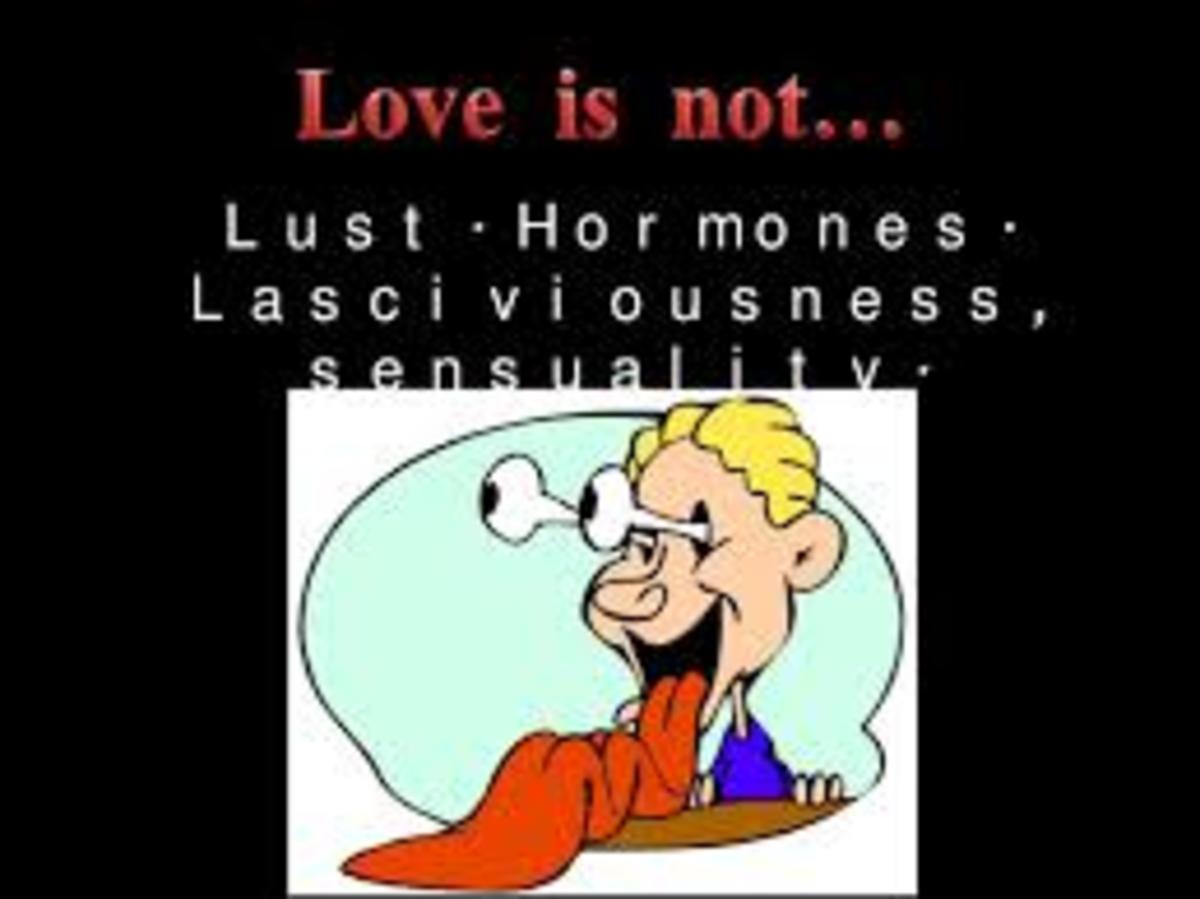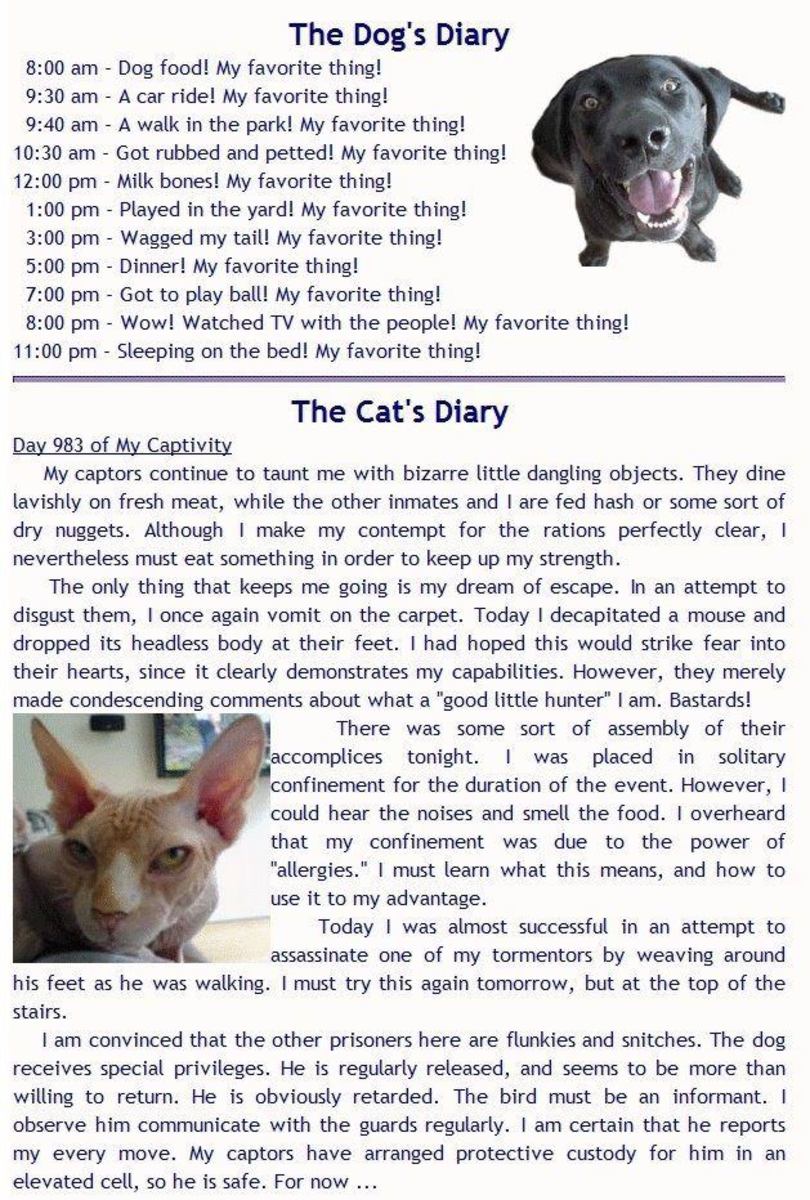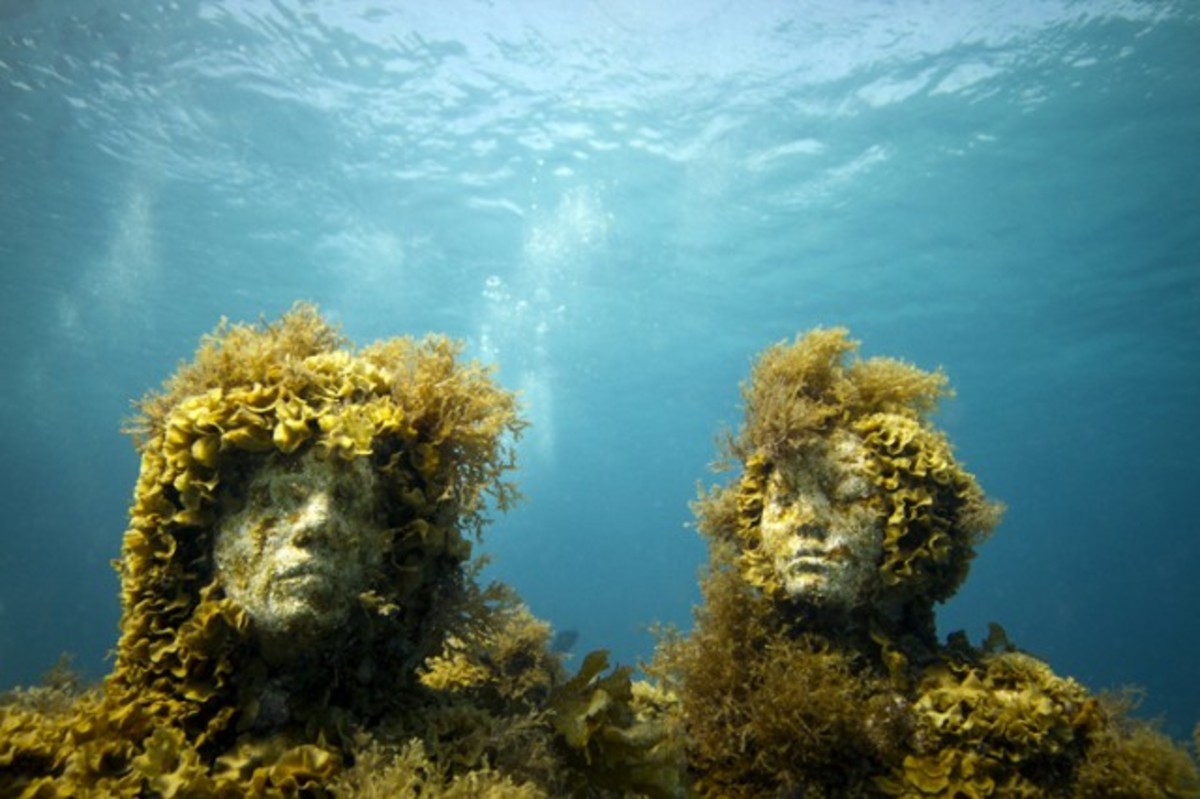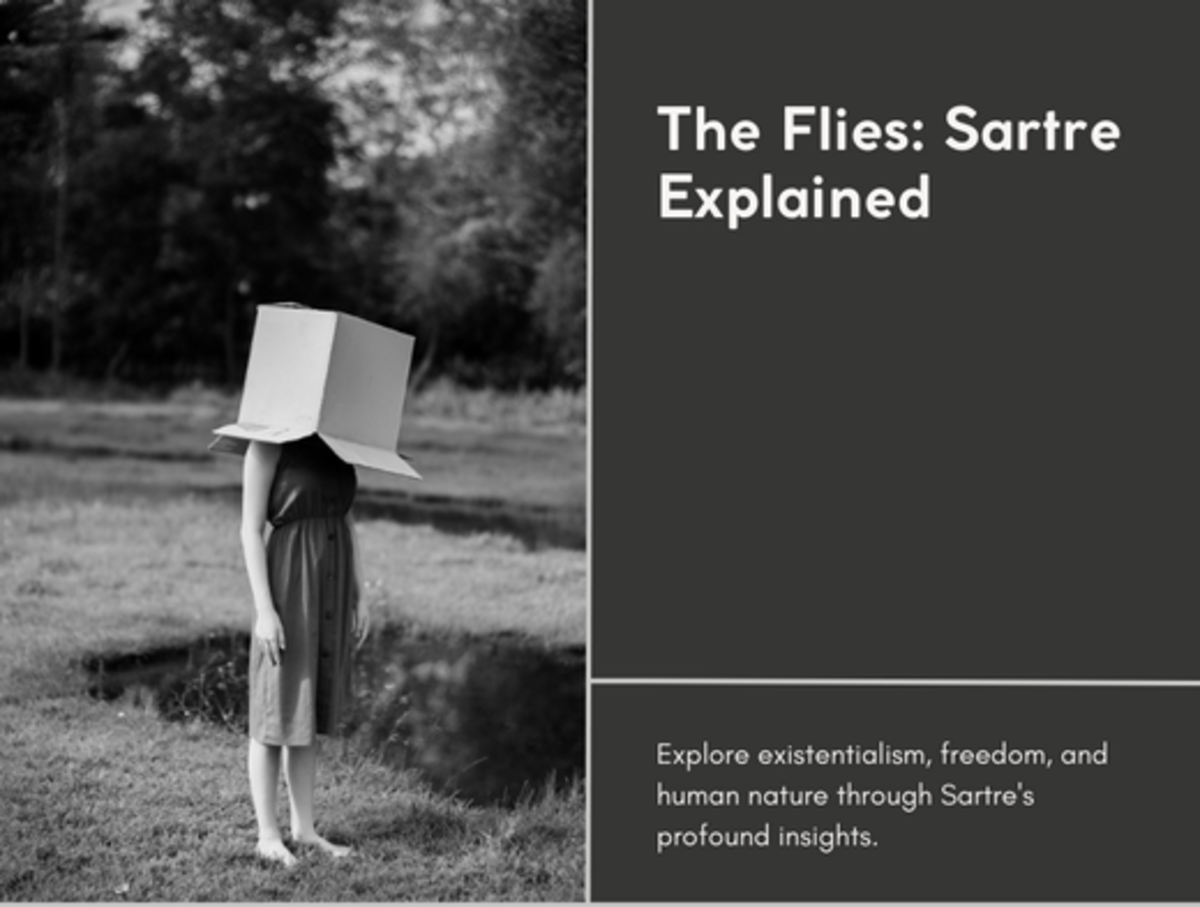Thimbles, Rhythms & Natures of Things - Part 3
LXIX.3
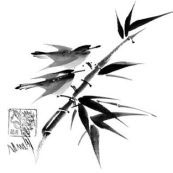
THE NATURE OF THINGS
This is for all human endeavors and experiences, including those with oneself, with others and with all things. We need not merely "go through the motions" of living. It's possible to live more fully and productively. For that, we owe it to ourselves to probe, to perceive and to internalize its essential rhythms within our selves.
This is not a complicated or new-fangled program or plan, nor a far-out pipe dream of smoke; and it is not a difficult course of action and being. But its very simplicity seems to cause it to be overlooked or discounted, either attitude rendering it more difficult and complicated for those holding those attitudes.
But when we most deeply understand the "nature of the thing" ~ of all things in our spheres, including ourselves, ~ we are more fully in the here and now and more fit for the future as it arrives, and less at odds with our lives and our environment. Its unique and individual nature can be considered and felt within itself and in one's perception of other entities, allowing all entities to interrelate more smoothly among ourselves and with the rest of our environment.
Can one question but that it's needed and of value? And if it is, can anyone expect to be exempt from personal contribution to the process? It is both our response-ability and our hope for achieving a livable world together.

I can't define
Perfection.
But if a perfect
Human being
Is being
Perfectly human,
You are!
______© Nellieanna H. Hay
~ human nature and beyond
It seems apparent that understanding the nature of things is found in skills more common in Eastern countries.
Chinese art and Japanese haiku are based upon expressing the essence of a thing's nature by merely a few brush strokes or a few simple words.
Martial arts depend on having a sense of the opponent's rhythm and nature so keen that instant response is possible without needing to face him.
Eastern and Middle Eastern music employs vastly more of the subtle in-between gradations of sound to express its own essence and beyond.
This does not imply, suggest or recommend that "their" natures should become ours! No. That would be the antithesis of mining for our own understanding, the unique truths and essences of our own natures and of the things native to our own environment.
However there is, first of all, much to be learned by us from their methods, paths and sensitivities to the specialness of each of their own associations which are part of any mastery of understanding; and, - if applied to our own quest for our own mastery of ours, - those methods could hasten and increase our own perceptivity of and delight in ours, as well as enhance our acceptance of and respect for theirs, for its own unique sake.
Those are in sharp contrasts to how our community and personal sensitivities and those of our young are generally, - almost traditionally! - being misdirected and thwarted in bull-dozer kinds of ways which contribute to more alienation, greater sense of separateness, (though lacking awareness of each of our valuable uniquenesses) - as it engenders and feeds a growing, lingering, debilitating frustration and disappointment in a defensive/offensive roller-coaster ride which more and more often prevails and overwhelms all of our lives, both personal and communal to the point of despair.
This is unwarranted and unnecessary. It is not a contest. Learning to relate to the nature of things is not like some kind of "race to conquer space" to prove us superior. It is simply a personal and a national choice and challenge to take stock of what we are doing and where it is sweeping us, the results of which, if allowed to accelerate do and will continue to suck our paths into an unnecessary abyss of disappointment - or worse. Being able to do so, in contrast, brings one nothing but rewarding results. And it IS an individual quest which raises the national debt not a cent!
So why the contrasts?
- Western Civilization's values have not discovered nor sought them.
Why not?
- Our personal Western ears are less attuned, therefore less accustomed to detecting the vital subtleties which define "the natures of things"; and so, less able to fully grasp their value as precise conveyances of the most essential meanings of life and harmony among the entities in our world. In fact, this dilutes our relationships with our own religious figures, our own arts and, ultimately, our own human and personal natures fall victim.
Why not embrace and use all those advantages if they are available?
- Our general Western value system has not expanded sufficiently to include them, and so, it generally resists them without knowing what they are and what is being missed. If "lacks" in our views are highlighted, discomfort occurs, and with it, a tendency to crush and discredit the cause of the discomfort. For that reason, it would be well if awareness were to blossom and arise from within each person, which could begin with the earliest awareness as children. Too often, unintentionally or not, instead, it it stifled and stunted then. And another round of the same mind grow into adulthood.
So, what now?
- We can, must pause, observe, listen and learn to our own heartbeats and sensitivities and be willing to feel their truths, too long buried and neglected.
An obvious starting point is to allow ourselves an awareness to first better and honestly understand and love our own personal natures, and then to extend those ways of understanding so discovered, - beyond ourselves.
- Loss of awareness feeds on itself to become a gaping wound in hearts and souls.
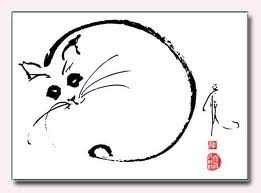
Finding the rhythms and sensing the elemental, ephemeral nature of things may well be the missing keys to unlocking a host of The Great Unknown's doors, in fact.
In any case, they are the keys to better understanding of our own selves, our known world and its interactions and their effects, - and to cooperating in untangling the mess we've made of it before it crashes irreparably.
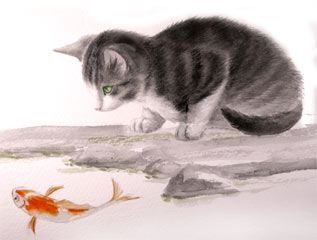
Ah - To seek,
To find,
To see,
To know,
To fully
Understand.

LAMENT FOR LOSSES
I grew a rose upon my stem
And placed it in your hands.
So blissfully it seemed to stay,
I hardly felt the pain
As one by one the petals fell,
You tossed them all away.
I came to sniff my fragrance
Just the other day,
And found a tattered pedestal
Where once its blossom lay.
I breathe a sigh and shake my head
For what was truly lost --
The shattered trust, that lovely thing
Now I must count as cost.
I sadly climbed the stem back down
Checking leaves and thorns,
Continued down to roots and found
No vital damage mourns.
But I cry my heart's felt tears
As I signal roots and leaves
To start to bloom another rose,
Until its love endures.
I'll nurture it again,
My care will be as great.,
That I may place it into hands
Which surely won't be yours.
______© Nellieanna H. Hay

APPLYING THE PRINCIPLES
. . . is so simple, really.
So this glimpse begins a mere focus upon these ideas, - for contemplation, for relaxation, for finding that inner stillness which invites our unlocking the true essences and natures of things which are our privilege and our right to enjoy. Nothing in them contradicts our other purposes or supplants our other joys, but rather enhances and gives them more, the way a microscope improves the naked-eye view of the sparkling facets of a butterfly's eye and as a telescope brings the vastness of distant stars and constellations into better focus onto the view of our limited sight.
'Getting it' is something to which one must be open, being felt and responded to with a keenness as of that microscopic look at and into the "thing" in its sites; and it's something we can, if we so choose to, - internalize, nourish and possess as an ability with which we are born, rather than attempting to conquer or to drill it in, - if and as we choose to "get at it" more fearlessly and naturally.
Like love, to force it is to miss it, though the quest for it is real. Though we may fumble and stumble along looking for it awhile before it dawns on us, it is abundantly worth it!
When we become receptive so that it comes from and into us, we simply experience its reality beyond a doubt, in every cell of our body and with every ounce of our being. It cannot be "faked"! But once allowed and discovered, thenceforward, every sight, sound and experience reveals more of its own clarity. It lends a glow to one's entire outlook and enriches one's soul.
And then, we would not wish ever to go back or to proceed without it.


FEELING IT
Filtered moonlight
Through clouds
Of thickened gray,
Long gone
Begins the day
To which I then belong.
Up comes a song
Of diadems of dew,
So new I can become again.
We poets are people
Unhampered by time!
At eight, eighteen or eighty -
We rhyme!
______© Nellieanna H. Hay
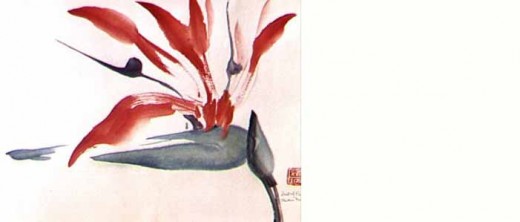
♥POSTSCRIPT:
The sense of liberation experienced from having found the rhythm and being within a beginning of understanding the natures of things feels like it would surely be to have been stuck and struggling trying to swim in a vat of thick molasses; and then ~ ~ emerging, non-sticky and nearly weightless, being able to fly and float on the bouyancy of air ~ ~ no matter where our feet may be standing or going in our life and circumstances! Those are exactly, precisely where and how our sense of rhythm and understanding of the natures of things best fits and serves to lift our lives and give us clear and real perspective.
I'm watching "Sabrina" as I write. One of the characters said something profound:
"Most people are in-between".
And - that's OK, too.
Hugs,
Nellieanna
♥ ♥ ♥
Click to begin at the beginning of the sequence:
Click to open Part 2:
Click to open Part 4:
- Thimbles, Rhythm & Natures of Things - Part 4
PIANOS I HAVE KNOWN AND LOVED



